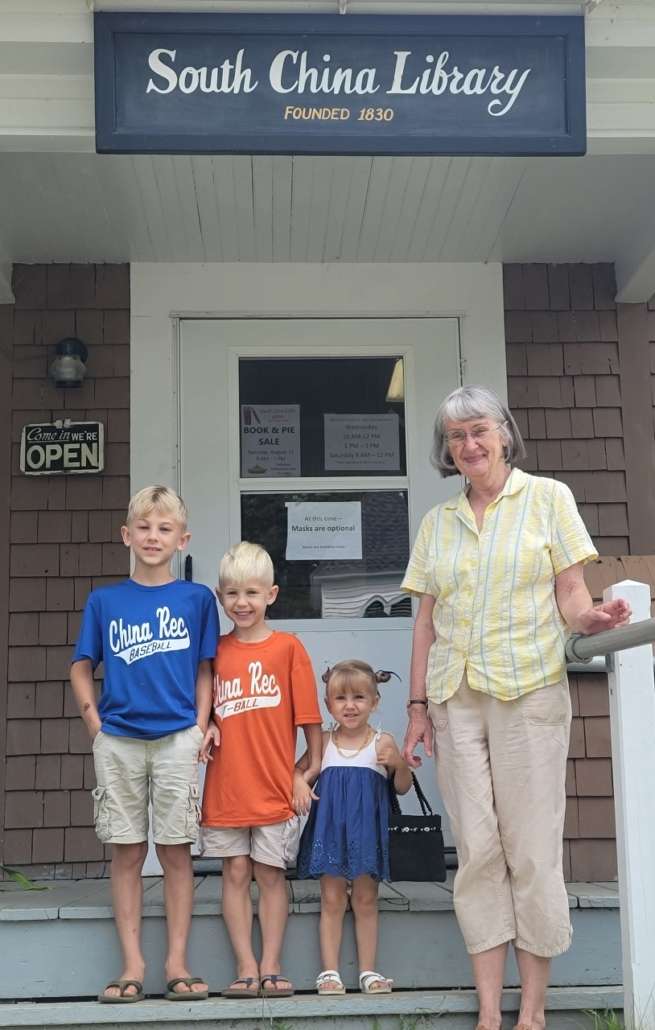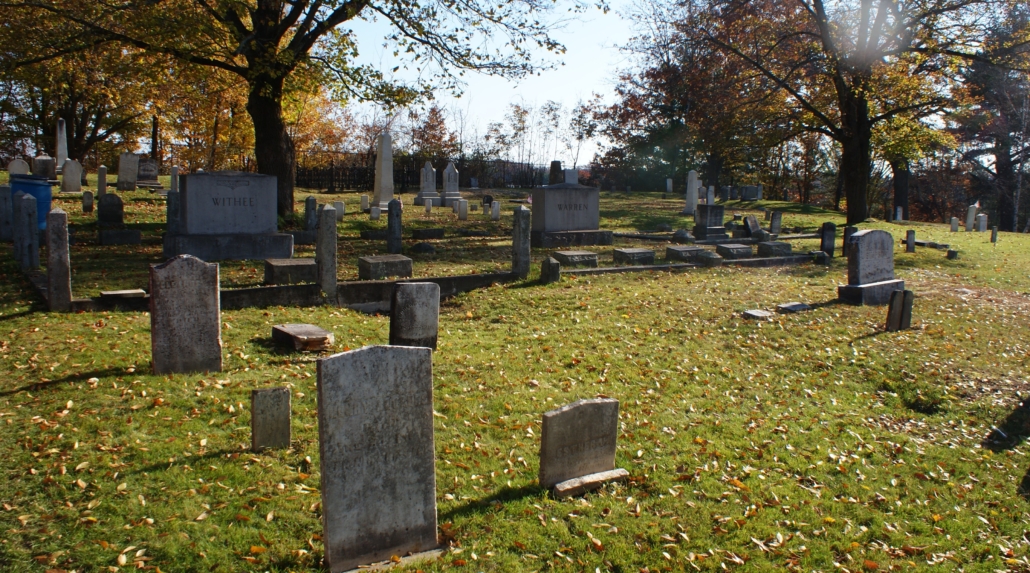China select board members were again lacking the information they need to set the 2022-23 tax rate at their Aug. 29 meeting; the town’s assessment process has been plagued by computer problems. They will schedule a special meeting as soon as possible, they hope on or before Tuesday, Sept. 6.
After the rate is set, Town Manager Rebecca Hapgood said, town office staff need between one and two weeks to get each property-owner’s bill(s) calculated, printed and mailed. By town meeting vote, the first half payment of local taxes is due at the town office by 4:30 p.m. Friday, Sept. 30.
Board members’ Aug. 29 decisions included final action on the local ballot questions for Nov. 8 and on regulations for the new senior residents’ fuel assistance program (see the related story on the Aug. 29 China Budget Committee meeting in this issue of The Town Line).
They discussed ongoing topics: the future of the closed waste recycling plant in Hampden and the proposed local ordinance to govern commercial solar development in town.
The Nov. 8 ballot will include one question in addition to those approved at the board’s Aug. 22 meeting (reported in the Aug. 25 issue of The Town Line). Board members voted 3-2, with Chairman Ronald Breton, Jeanne Marquis and Janet Preston in the majority and Blane Casey and Wayne Chadwick opposed, to ask voters to approve amendments to chapters 2 and 11 of the China Land Use Ordinance, as requested by the planning board.
The proposed changes are on the town website, china.govoffice.com. Most are required by the state as a condition of approval for the local ordinance.
The proposed new ordinance to govern commercial solar development will not be presented to voters this year. Planning board members have worked on the ordinance for months, using a model select board members said was provided by an environmental group.
Now, Hapgood said, board chairman Scott Rollins, having reviewed town attorney Amanda Meader’s comments and suggestions on the latest version, proposes Meader prepare a new draft. Hapgood pointed out that planning board members are not lawyers; given the current complexity of regulations, she said perhaps the attorney should draft a solar ordinance and propose other new ordinances or revisions.
Breton objected that asking Meader to do so much would overspend the legal budget. Yes, Hapgood said; but the board could ask voters to approve a larger 2023-24 budget to cover future work.
So why have a planning board, if members don’t prepare ordinances? asked Casey.
China’s Planning Board Ordinance, last updated in 2008, lists board responsibilities as preparing ordinances, preparing the comprehensive plan (the most recent update was drafted by a separate committee) and reviewing applications forwarded by the codes officer and other town officials to make sure projects conform to local land use and building ordinances.
Another suggestion, from Chadwick, was to add solar-specific provisions to existing ordinances, instead of writing a separate solar ordinance.
Discussion ended with Breton asking Hapgood to consult with Meader about the best way to proceed.
For discussion of the Hampden waste facility, now owned by the Municipal Review Committee (MRC) representing China and 114 other Maine municipalities, MRC Executive Director Michael Carroll joined the select board virtually.
Carroll explained that at this point, the MRC is negotiating a contract with Revere Capital Advisors to operate the plant as originally intended, to accept and recycle waste from member towns. As a fall-back if negotiations fail, the MRC is seeking money, including from member municipalities, to run the plant itself, he said.
In either case, Carroll said, he expects MRC will avoid errors made by past management. For example, he agreed with Breton that delay in getting state permits was a handicap to the earlier venture, and said he has worked with state agencies and permitting is up to date.
The Fiberight process established previously worked well for the seven months the facility operated, Carroll said. The operation closed primarily because it was already underfinanced and Covid was “the final straw.”
Carroll expects a decision on funding within two months. He said the facility might begin operating on a small scale, as a demonstration, in six months or so.
In other business, Hapgood asked approval to pay the Westbrook-based company St. Germain $2,300 from the public works road reserve fund to prepare an application for state grant funds to help replace an Ingraham Road culvert.
St. Germain describes its business on line as environmental assessment and remediation and civil engineering and permitting. Hapgood said the reserve fund’s current balance is a little over $20,000.
The company did a similar application last year, the manager said; China received no grant, and St. Germain received no payment. This year, Hapgood said, grant criteria have been amended and she thinks China has a better chance.
Select board members approved her request on a 4-0-1 vote, with Casey abstaining.
A brief discussion of an unrepaid loan granted under the Tax Increment Financing (TIF) program led to a discussion of canceling the program. So far, only one businessman, the defaulter, has applied for a loan. The question was referred to the Tax Increment Financing Committee.
The next regular China select board meeting is scheduled for Monday evening, Sept. 12.
 by Mary Grow
by Mary Grow







 Baylor University, in Waco, Texas, celebrated nearly 1,800 graduates who received their respective degrees during summer and fall commencement ceremonies.
Baylor University, in Waco, Texas, celebrated nearly 1,800 graduates who received their respective degrees during summer and fall commencement ceremonies.